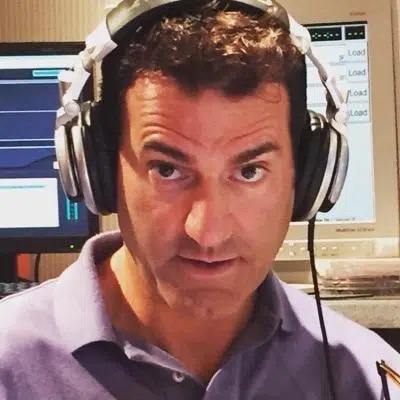By Sofia Menchu
GUATEMALA CITY (Reuters) – Guatemalan civil society leaders say they will implore the United States to sanction more people linked to corruption and to promote the independence of the judicial system when they meet with U.S. Vice President Kamala Harris on Tuesday.
The meeting takes place a day after Harris met virtually with Guatemalan President Alejandro Giammattei and U.S. sanctions were imposed on Felipe Alejos Lorenzana, an elected delegate in Guatemala’s Congress, and Gustavo Adolfo Alejos Cambara, chief of staff under former President Alvaro Colom, over corruption allegations.
Harris said she would visit Guatemala in June and said the United States would collaborate with Guatemala to stem northbound migration.
Civil society leader Alvaro Montenegro, who will take part in the discussion with Harris, called on the United States to impose more sanctions against politicians and businessmen who are tied to corruption.
There is an alliance between business and politics “that is deterring the strengthening of democracy,” said Montenegro, a representative of the Justice Now Movement.
Civil society leaders said they will also raise concerns with Harris about the Guatemalan government’s attacks on the press and its efforts to restrict nongovernmental organizations operating in the country.
Carmen Rosa De Leon, a representative of the Institute of Education for Sustainable Development, said Harris’ decision to meet with civil society sends a “message” about corruption within the government.
Top U.S. officials have railed against corruption in Guatemala and other Central American nations as one of the root causes of migrants fleeing the region.
Despite Washington’s stance, Guatemalan lawmakers this month refused to swear in a corruption-fighting judge, Constitutional Court President Gloria Porras, despite her having the support of the United States.
(Reporting by Sofia Menchu, writing by Laura Gottesdiener; editing by Grant McCool)




